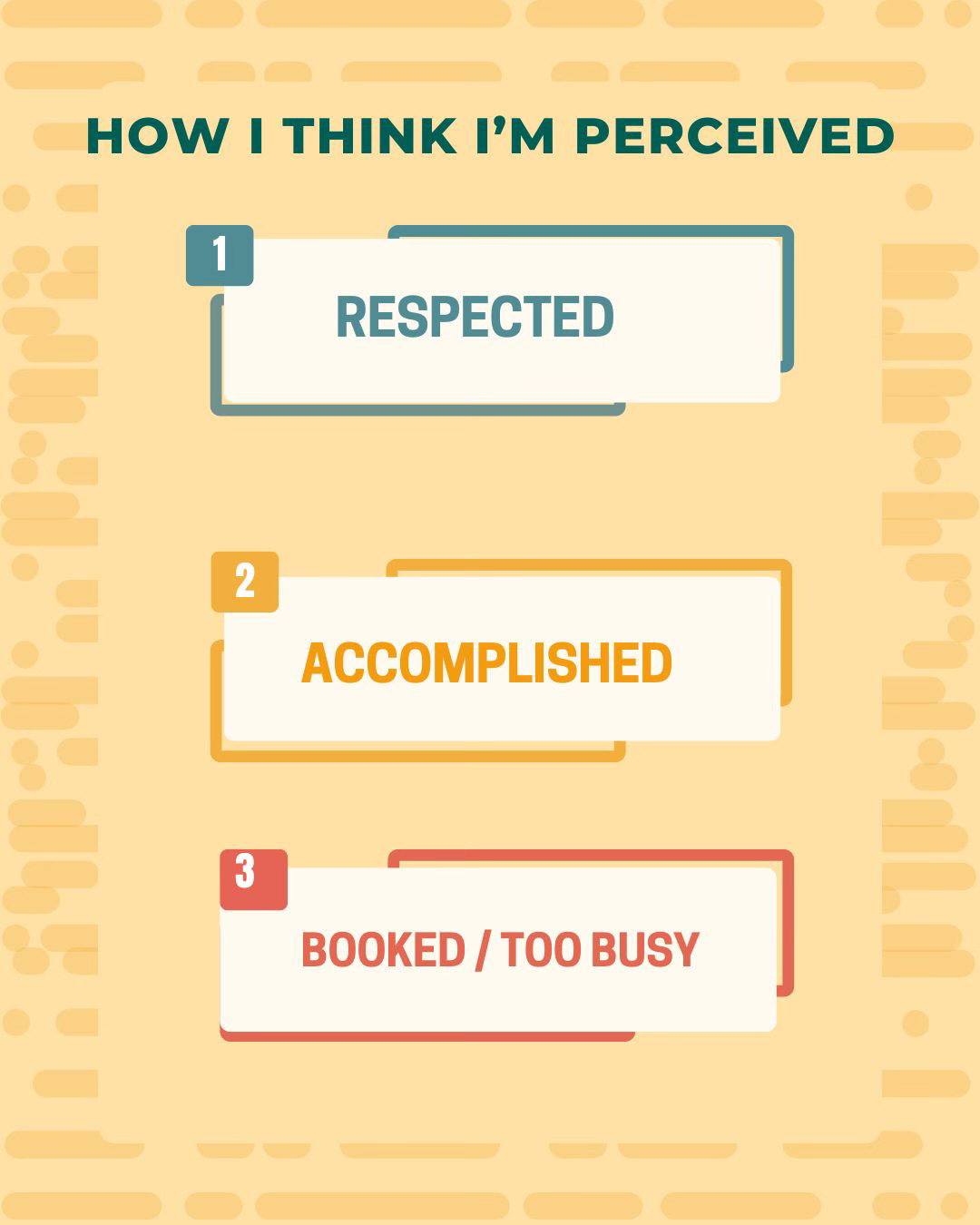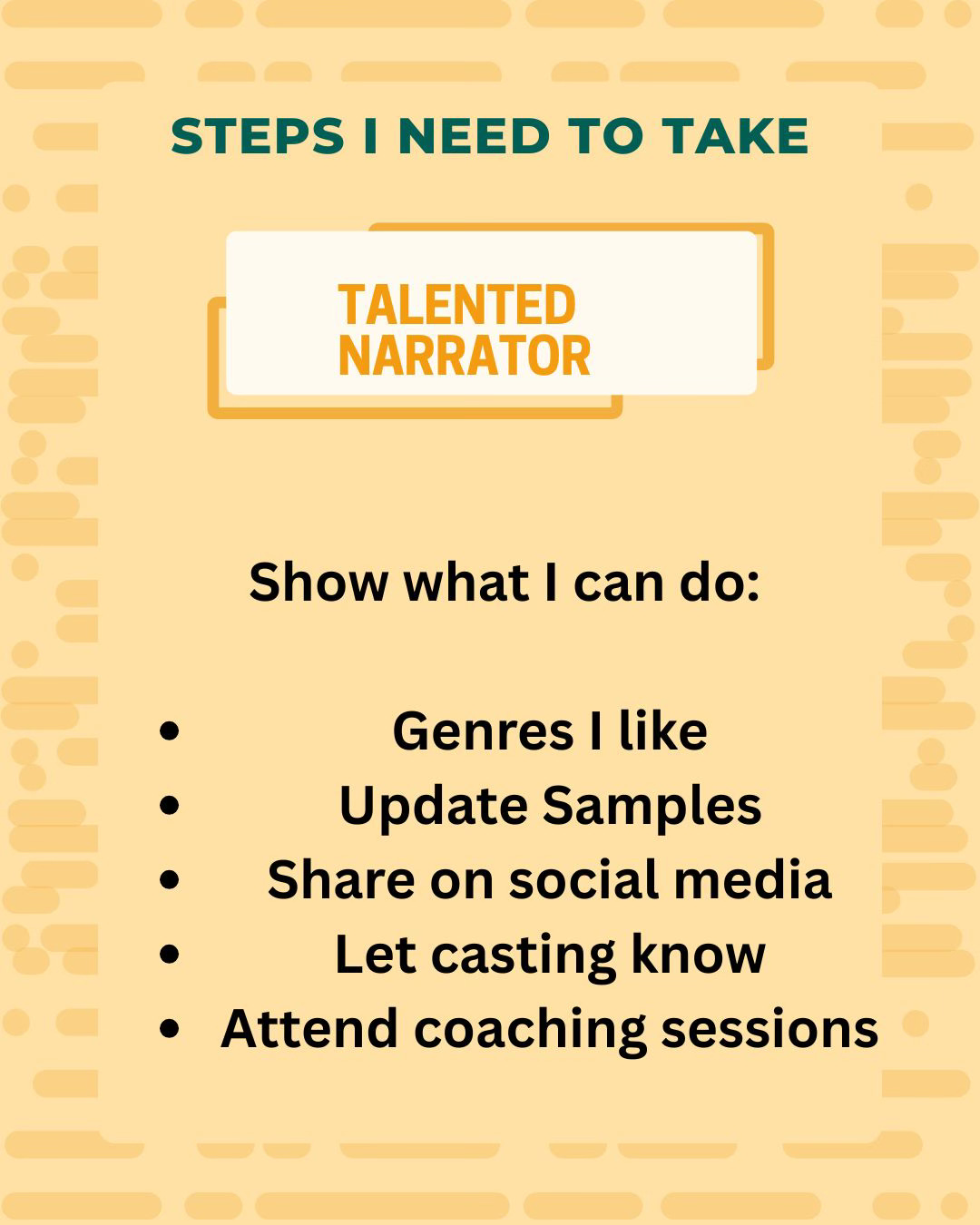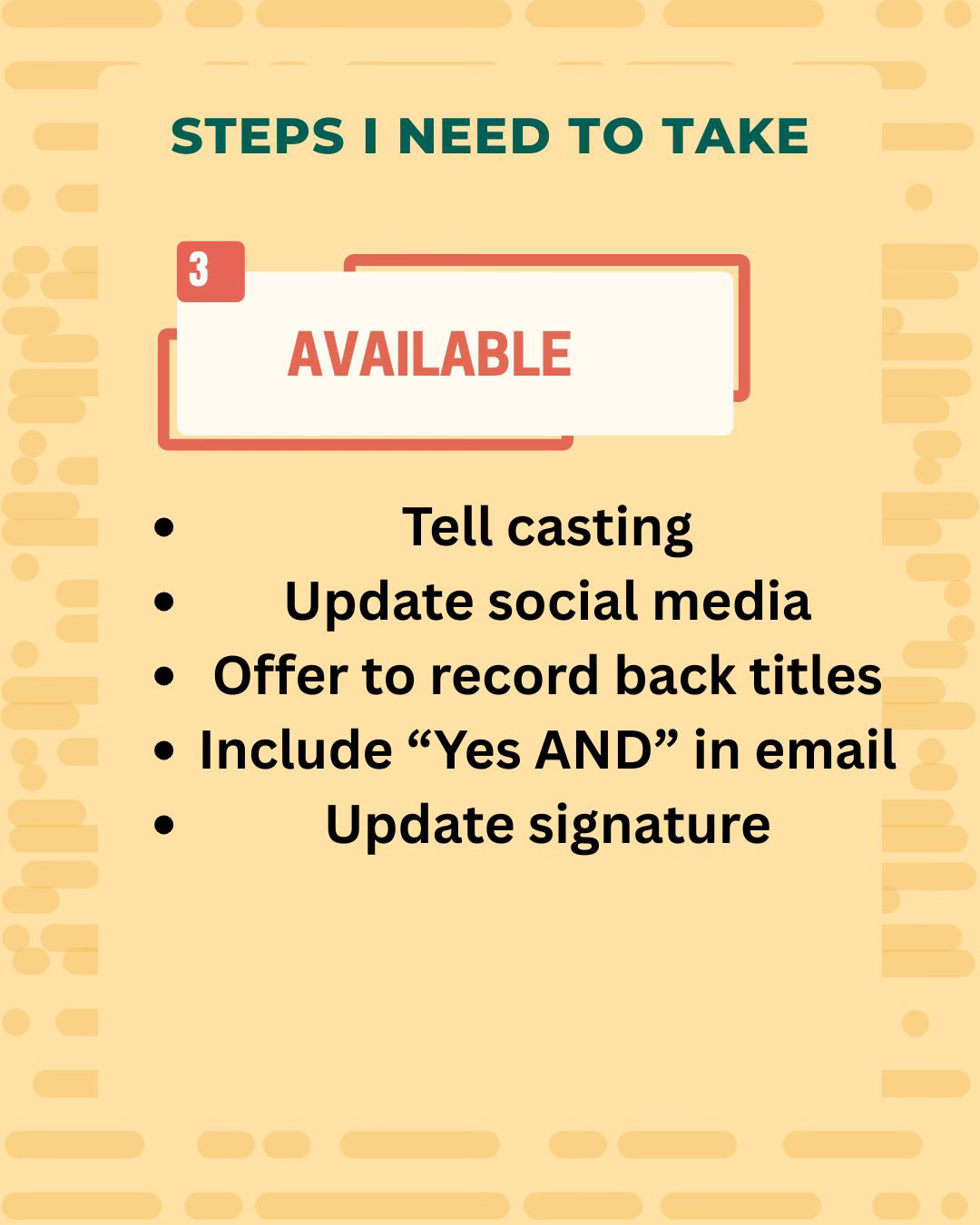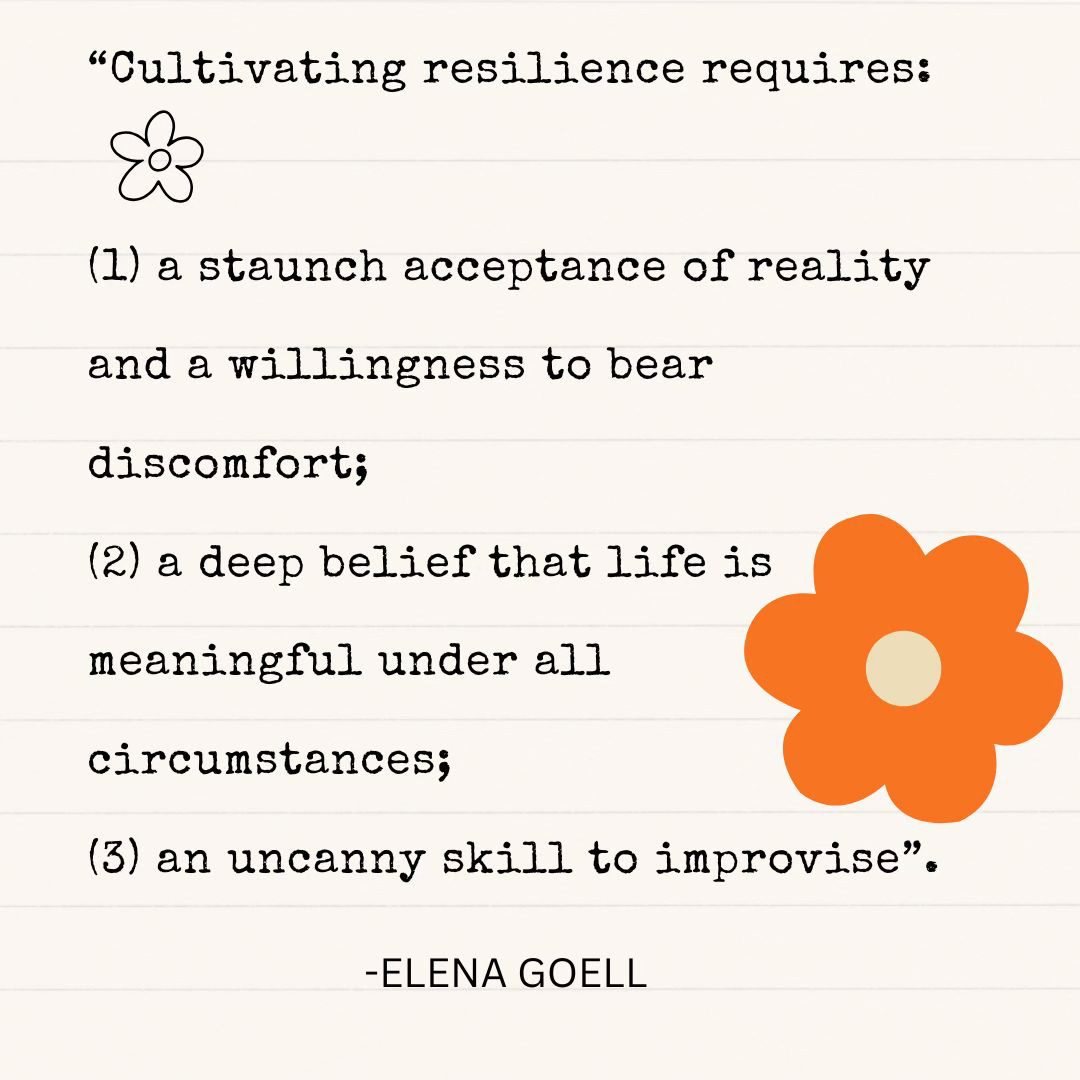Last week, I gave a presentation to PANA on the necessity for established narrators to continue shaping their career, and the usefulness of rebranding and pivoting.
I didn’t do a great job.
I felt crummy—so I was flustered and just not 100%.
I wanted to present some of the information here in case people who attended want to refer to it, or for those who weren’t able to attend.
WHEN YOU WANT TO CHANGE YOUR STORY
There’s so much information out there for new narrators starting out, which is great! But…
Once you’ve done all the things and learned the ropes, there’s very little in Audiobookland to let you know if you’re on the right track, or how to keep thriving in your career once the *new narrator sparkle* has dulled a little. When you’re established, it can feel a little bit like being forgotten.
To stay relevant and keep getting gigs, try to occasionally update your branding, finesse your wants and needs in regard to work, and be assertive in shaping who you are in your career. You can ‘change your story’ at any point in your career. Remember, you’re not really changing things; you're finessing.
What do I mean by this?
I mean that after you’ve been in the business a while, you need to look at your marketing, your brand, where you are in the industry, and update it.
PLEASE NOTE: Right now there are a lot of narrators looking for work. I’m not saying rebranding will fix everything, but at least it’s a proactive step you can do while you search for those gigs.
HOW TO REBRAND
Here’s a simple exercise to get you started on rebranding. (It also works just for branding in general.)
Think of three adjectives that describe how you might be perceived in this industry.
Try to be honest about this, and try to be realistic. You can also ask your audiobook accountability partner/group how they see your career for input. Likely, you already have a sense of where you’re at and what you’re getting cast in.
Now, think of three adjectives of how you WANT to be perceived in this industry.
Think about what you really want, what you haven’t been able to show or communicate.
The first list of where you are/how you are perceived in the industry helps you with a starting point. This is where you’re at.
The second question helps you shape everything you do from here on out.
Do your responses in the two lists align? Is there room for change? Are you going in the direction you want to be?
Here’s how I answered this:
I spent some time thinking about how I might be perceived, and this is what I came up with:
Looking at this, I can already feel changes I want to make. Asking myself how I want to be perceived is easier.
I’m good on being respected. I feel I’ve achieved that. But I can now see two places where I want to work on my messaging, and I can suddenly see possible steps to do this.
I know people think I’m accomplished, but that’s really vague. What does accomplished mean and how does that translate into getting hired? It doesn’t. It’s static. I want to be known as being a talented and versatile narrator.
So what do I need to do to make that happen?
All right. Now I’ve got some steps to take. To show people I’m talented and versatile I can communicate genres I like and excel at, update my website samples, share this info on social media, let casting know what I can do, and attend coaching session where I can meet casting and remind them of my abilities and commitment to this career.
What else can I do?
To let people (casting, producers, publishers, and authors) know that I am available for bookings and not booked until 2192, I can do a reach out email to casting and tell them my availability and the things I love to record, update social media with “Hi! I’m here! Hire me!” (friendly yet not desperate posts. Ha!), I can offer to record back titles for authors I have strong relationships with, and I can even update my email signature with availability.
It’s not much, maybe, but it’s something.
NOTE: There’s no shame in telling people you’re available. This is the hustle. This is part of the work of narrating and being a freelancer.
Now I have a plan with some actionable steps to control the story of who I am in the industry, and who I want to be. I have definable steps I can take to update my message and be viewed the way I want to be.
The same is true for you:
You control the narrative of YOU. In terms of who you are in the industry, that’s a chapter you write. Take control and finesse your message. Be clear about who you are and what you want.
HOW DO YOU CONTROL YOUR MESSAGE/BRAND
Here are some elements that go into creating your message. Think of how your choices with these things affect what you post online and how your website looks.
You have a lot of control here in shaping the Story of You.
Image
Font
Portfolio
Posts
Samples
Pictures
Color scheme
Identity
Value
Look up BRANDING online or on Canva, and you’ll get lots of suggestions on tools you can use to change your message. If you love horror and thrillers, lean into that. Share things on social media that reflect that. Choose a darker color scheme for your website.
If you love clean reads and don’t blaspheme in your narration, be clear about that in your online marketing, but flip it to a positive. Share what’s great about being a devoted person. (I’m not religious, so I don’t know the terms here or what to do, but I think you get the gist.)
CONCLUSION
There is a lot you can do with shaping your own work identity. Try to approach it with a sense of fun, of understanding this is your story to write, and lean into the joy of sharing who you are as a performer. This may give you some new content, some new energy, and some new visibility to help you get those jobs.
NEXT UP:
In an upcoming post, I’ll talk about pivoting. Small pivots, very large pivots, and when (if) to move on from freelancing.
###
ABOUT THE AUTHOR
Tanya Eby is a narrator and writer. She’s got new books out and would love for people to read/listen to them and leave a review, or share the books on social media. THE KNOWING and THE TAKERS are available now. She is, admittedly, a little desperate for positive reviews and to get the word out about these books. She is currently working on a collection of short stories as her next indie audio project.









This is great, as always, but a lot of people get confused by the word “branding“.
It really has nothing to do with your logo, trade dress, the tchotchkes you give out at conferences, your web site or social media content, or any of your promotional material. Branding is the promise of the value that you add as perceived by your clients and customers.
McDonald’s is not known for the desirability or taste of their food, but where they completely leave the rest of the pack in the dust is quality control. Though the portion sizes may be different, you know that when you go into a McDonald’s in the middle of Edinburgh, the burgers, fries, and shakes will taste precisely the same as they do in Sheboygan. Managers are trained (as are employees) on the exact amount of time fries can sit under the warming light before they’re thrown out or premade shakes in the freezer.
Opening their first location in Moscow cost them tens of millions of dollars, because they couldn’t import low value/weight potatoes from Idaho, and all of the varieties grown in Russia at that point would have been mealy and completely unsuitable for french fries. So they had to create the entire supply chain, starting with the farmers.
Likewise, if Apple decided to introduce a line of kitchen appliances, most people could do a very good job of anticipating the market positioning, functionality, industrial design, user interface, and relative value of an Apple branded toaster, microwave, or blender. It would be totally consistent with the rest of their offerings.
Think about Tanya’s “three adjectives“ that you would apply to people like Johnny Heller, Vikas Adam, or Hillary Huber, and you’ll see how effective branding/market positioning can be without a single piece of swag, promotional materials, or advertisement between the three of them.
There’s an awful lot to be said for authenticity, and “under promising, and over delivering“…
I didn't know you were a narrator. I'll keep this in mind if I ever do an audiobook - if you do them. Also, can't stand the AI BS I see out there with narration. It's just awful.